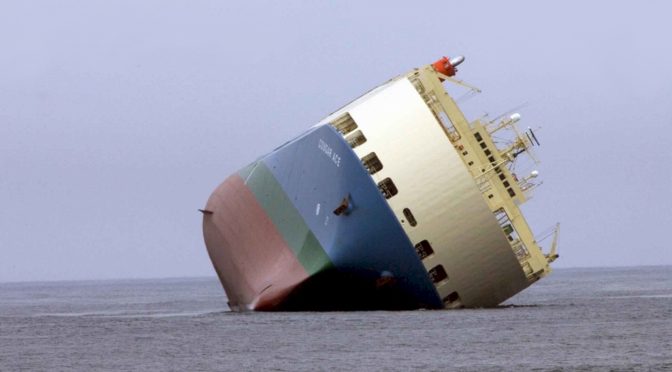In the last two weeks I came to know of two seemingly well considered online offerings closing their doors.
One of them managed to limp on for close to twenty years selling historical, stock and news photos so I guess in the context of business it could hardly be considered a startup. I was briefly involved with it some years back on a commercial level and the genesis of it was seemingly well considered, somewhat ambitious, aspirational and something I even spent money on a couple of times. I was saddened to see it had shuttered its doors
The details are kind of unimportant but it made me consider the design and development process of things in general. How we get ideas and make them into something, how we do research and establish product or business longevity.
solving problems
One aspect that came through to me was the fact that a business idea or solution starts out as an idea. A hypothesis if you will, that there isn’t anything to address a particular problem you’ve identified. That hypothesis often then translates into some research and evaluation of the problem, the market characteristics, the size of the market, the target audience and what else is on offer to address that problem you spotted.
With a different lens, a different observer brings a different perspective to understanding the problem and how it can be solved and this is I guess, why there are so many products in the market that seem to compete head-on with one another.
When the product cannot be differentiated easily, the perceived difference often kicks in based on price. When price becomes evaluation criteria then the only way to make head-way with the audience and beat down your competitors is not on features, not on the value proposition but on the price and perhaps something related to the packaging, the delivery or a feel good sentiment. It’s a more emotional polarized purchase – you’re either buying it because you like the overall look and feel of things or you’re buying because you would be mad not to, at that price.
the wash-out
An example I think of is clothes washing detergent. It is dull, uninteresting and utilitarian. Though those in the industry who make detergent will likely argue, in the end for a consumer, the chemical composition seems to matter less. The composition is likely almost homogenous across all the brands but they now try to differentiate on packaging, perfume, the delivery mechanism, convenience etc.
Consumer goods brands are generally very good at market research, they tend to have deep pockets that can be dipped into to fund research. With empirical evidence from research results the business can pivot or hold the course. it is a pretty good model perhaps.
What surprises me is how little research actually seems to go on though. I don’t think it is because I am a marginal audience or so out of touch with all that’s going on that I am not a target for research, I just never seem to hear about it directly – i may not be the perfect demographic – so i wonder who is? Further, I can only think that my hypothesis about decisions made in the absence of research is true because of the velocity of change that I see in products and businesses. Products i see today are suddenly gone tomorrow.
the ‘ask’
As a parallel supporting thought to this hypothesis, how often have you been traveling somewhere, gotten confused and lost and then stopped and asked for directions?
When you did ask for directions, what generally was the experience or the result? Some people have no hesitation in asking for directions and in some respects I really admire that bright eyed optimistic way of tackling a problem like being lost. For myself that approach doesn’t often work so well, often if I am lost it is because I am looking for something really obscure and hard to find, something even locals may not know anything about. The result is, when I finally relent and ask someone, they’re often as clueless as me. When they do come up with a correct and valid answer it is somewhat surprising and of course I am glad I asked. My learned behaviour is ‘hold-out-for-as-long-as you-can’ – not very smart I know but there you have it.
So I am changing all that. In my first piece of research with a couple of acquaintances, I asked if they have had the same experience. The answers were varied. Most agreed though, especially the men, that they would hesitate to ask for directions and in fact hold out for the longest of times before giving in. I think that’s the point, it is viewed as a ‘give in’. You failed, so now you’re asking for help – that’s a sign of weakness. But it doesn’t have to be that way.
Asking for help isn’t a bad thing, it’s something we should encourage our inner selves to do. I am always looking for feedback and information on digital products though I don’t always just throw that ‘ask’ out there. Often I will choose my audience explicitly.
Now I am asking for your help and direction dear reader…
If you manipulate, munge, wrangle, pipeline, recipe or transform data regularly. I’d like to have a dialog with you. A dialog that has you tell me what works for you and how you are doing things today. If you’re interested and willing to give and get direction then please connect with me and we can get started on a journey of discovery together.
The original version of this article was posted on LinkedIn
The photo is attributed to Jean Beaufort
